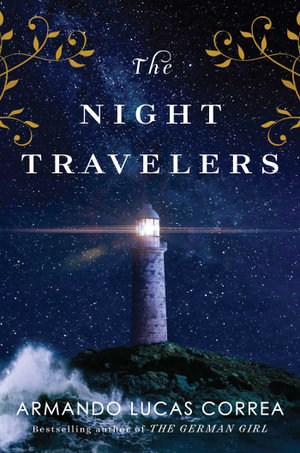The night travellers by Armando Lucas Correa

Imagine the heartbreak of giving up your child to ensure their safety. In The night travellers this happens not once but twice, over separate generations. Ally Keller is the mother of a ‘mischling’ child – Lilith’s father is black, an African German, in the time of the Nazi idea of eugenics and Aryan purity, and so Lilith is at risk of sterilisation at the age of seven. The only way to ensure the child’s safety is to send her in the care of two Jewish fugitives aboard the St Louis, the ship sailing to Cuba. History repeats itself when Lilith, in turn, finds herself compelled to give up her daughter Nadine in the time of the Communist revolution, sending her as part of the Operation Pedro Pan, to the hoped for safety of a new life with a German family in New York.
Correa’s book was written at the time of children imprisoned in cages at the Mexico-United States border, and the ongoing refugee crisis in Australia. It most vividly depicts the fear of the ‘other’: the fear of someone of a different skin colour, a different faith, a different language, a different sexual orientation, and reveals how repeatedly parents have been forced into the horrendous decision of desperately sending their children somewhere else for their safety.
It is a heartrending story told across four generations, of families split up, and of friends finding themselves on different sides of the political divide. No one is ever really safe, for there are secrets buried within families, secrets where supposedly ‘good’ people are revealed in all their fallibilities. In the end, the book is a story of great bravery and a plea for empathy, forgiveness and kindness towards others.
Themes: Eugenics, Nazis, Racism, Child abandonment, Refugees, Parental love.
Helen Eddy